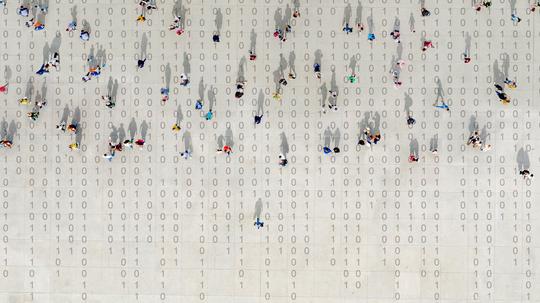
Nearly five months after banning the use of facial recognition technology by municipal authorities, Boston is considering another measure that would limit technological surveillance in the city.
An ordinance put forth by City Councilors Ricardo Arroyo, Kim Janey and Michelle Wu, with support from seven others, would establish community control over surveillance technology and data. The proposed ordinance defines surveillance technology as any device, hardware or software capable of collecting or analyzing information that can be associated with an identifiable individual or group.
The measure also includes a provision that would prohibit Boston Public Schools officers from including certain information about students, including immigration status and religion, in official student reports that are provided to the Boston Police Department (BPD). BPD officers would be further prohibited from uploading any student information to the Boston Regional Intelligence Center (BRIC) network, which is funded and accessed by the U.S. Department of Homeland Security.
“We’ve seen a lot of cases where school police officers share information with the BPD, the BPD uploads it to the network, and some foreign agencies like ICE, [Immigration and Customs Enforcement], access this information, which in some cases results in the deportation of students,” said Emiliano Falcon-Morano, policy council for the Technology for Liberty Program at the ACLU of Massachusetts, which backs the ordinance. “Boston Public Schools should be a safe, welcome place for students. Students shouldn’t fear that going to school would result in information being shared with deportation agencies.”
Falcon-Morano points to an incident in 2017, when an East Boston High School student was deported based in part on an incident report that ICE accessed from the BRIC, according to the group Lawyers for Civil Rights. (In response to those allegations in January this year, Boston Public Schools said it does not share student information with ICE, but does share school police incident reports with local law enforcement in connection with criminal investigations.)
In the measure, which was first introduced on May 6, the councilors point out that the coronavirus pandemic has made people more reliant on technology to connect to schools, government services and each other — a trend unlikely to go away even after it becomes safe to return to an in-person lifestyle.
“As more municipalities move toward electronic data collection used to manage assets and resources efficiently and new technologies are becoming available, the public would benefit from proactive discussion of current practices and future acquisitions,” they write.
If Boston enacts the ordinance, it will join its neighbors Somerville, Cambridge and Providence, R.I. in creating mechanisms for community oversight of police surveillance.
A public hearing for the ordinance is slated for Tuesday afternoon.
“We think Boston is really ready to take this step,” Falcon-Morano said. “This will bring more democracy, more transparency and more community involvement on what’s going on and how technology’s being used, especially after the reckoning with racial justice throughout this year.”



